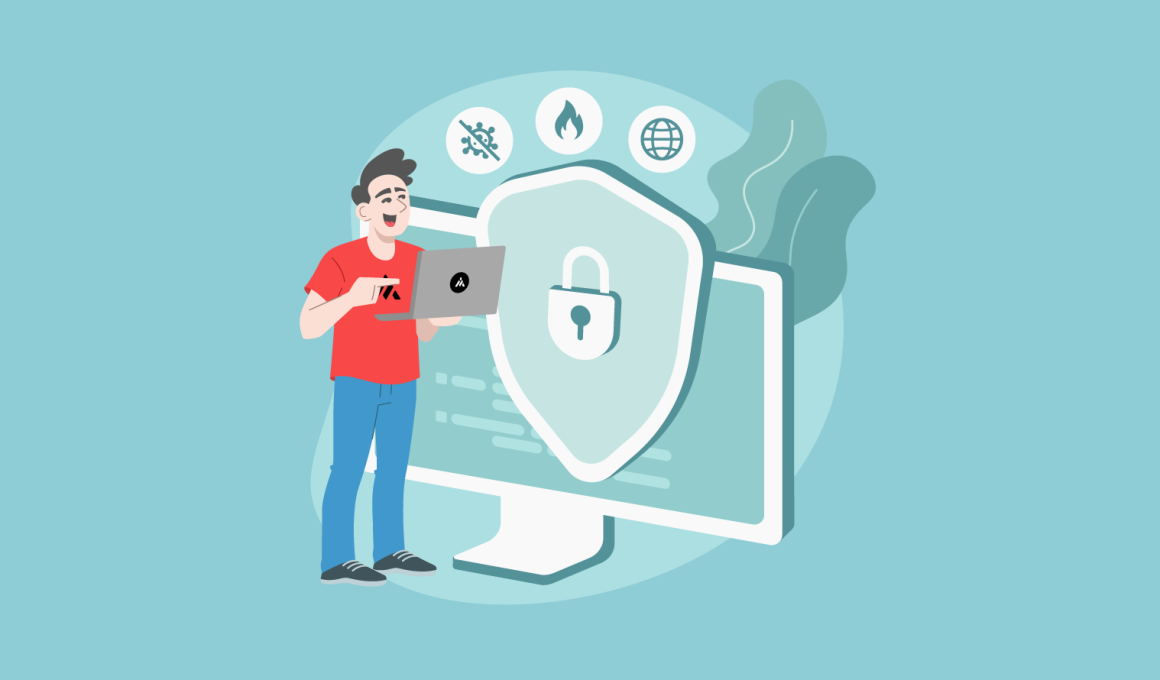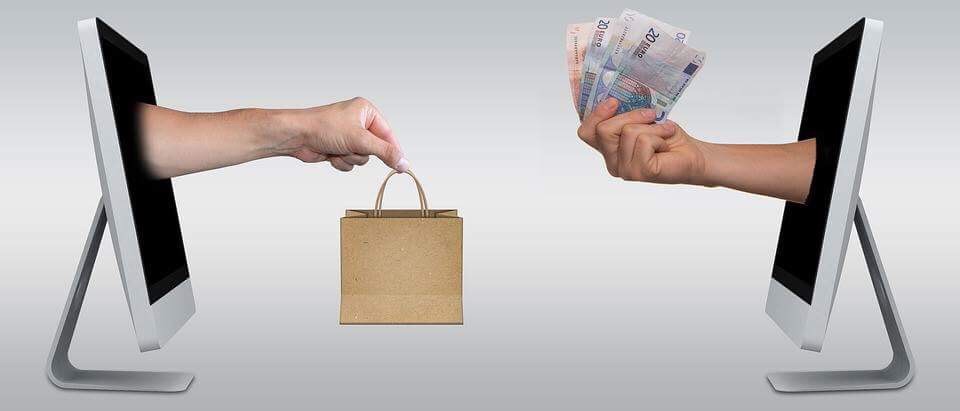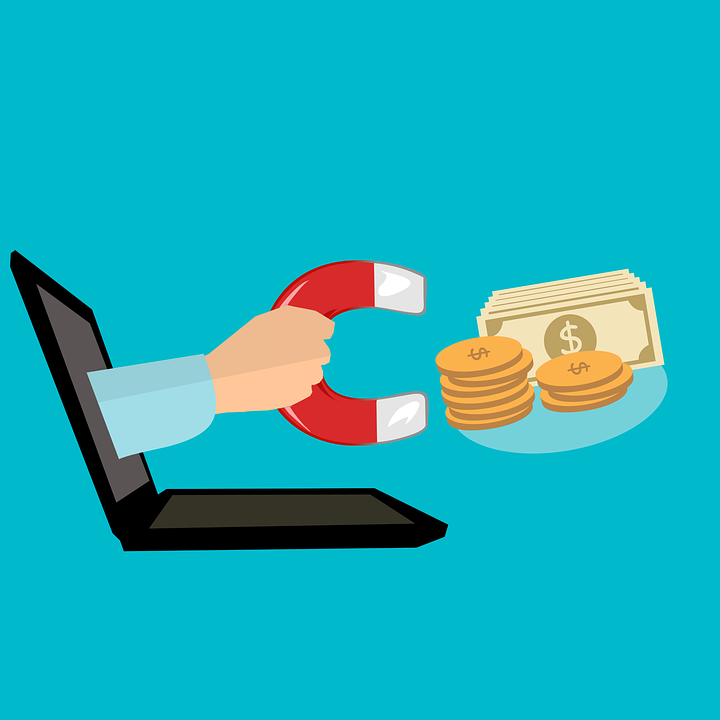In the digital age, we rely extensively on the Internet and storage devices for many aspects of our lives. So, the need to be proactive and vigilant to be protected against cyber threats has never been greater. To achieve security within our digital platforms, we need to adapt a good cyber hygiene strategy. Keep reading to learn the importance, benefits and best practices to secure your data from cyber attacks ⚠️
Keeping Yourself and Your Business Safe Online
Cyberattacks and various cyber threats have ballooned all around the globe as the pandemic continues to accelerate the shift to digital. These have interrupted business operations, causing massive ransomware payouts and damaged brand reputations.
Knowing this, small and big businesses alike are becoming more critical in protecting their data. According to Gartner’s study, global security spending would reach $133.7 billion this year. This is a good step to securing data and practicing cyber hygiene. However, it’s crucial that business owners step up and work hand in hand with employees in keeping an eye on cyber threats and trends.
Aiming to achieve operational resilience, more and more businesses are embracing the concept of cyber hygiene. That is to say, a cyber counterpart of the concept of personal hygiene in public health.
All You Need To Know About Cyber Hygiene
Cyber hygiene is a set of practices and techniques that individuals and businesses perform regularly to ensure the safety and health of users, data, devices, and networks. Its goal is to keep critical data secure and combat cyber theft or attacks.
We know that every access point to a connected device is vulnerable. Therefore, with effective cyber hygiene, your business gets to be protected from those vulnerabilities by accounting for a myriad of risks. As a result, your data gets secured and protected from malware, other attacks, or security breaches.
Whether you’re a small or big business, cyber hygiene requires a two-pronged method. It’s crucial to address both technical (ones that focus on security controls or countermeasures that minimize the risk) and nontechnical issues (policies and procedures that serve as a manifesto of how organizations should manage security).
Cyber Hygiene Best Practices
Similar to personal hygiene, cyber hygiene involves developing essential habits that allow devices relying on connectivity to perform optimally. Cyber hygiene helps detect computer issues and enables quick fixes. Some cyber hygiene best practices include the following:
- Installing antivirus and malware software
- Setting stronger passwords and using multi-factor authentication
- Using firewalls to block unauthorized users from getting data
- Regularly updating web browsers, apps, and operating systems
- Ensuring hard drives are clean by reformatting and wiping them
Why is Cyber Hygiene Important For Your Business?
Good cyber hygiene can surely put your business in a better position to combat cyber threats and attacks. Here are the key impacts of cyber hygiene on your business.
Safeguard customers’ data
Cyber hygiene helps reduce data breaches and other vulnerabilities by identifying risks in advance and establishing mechanisms or strategies to reduce or fix them. It also supports a range of tried-and-tested security practices like password discipline, patch management, and appropriate administrator privileges, among other measures that beef up data security.
Locate unmanaged assets
In many cases, we may not always be able to protect what we cannot see. Thus, an accurate inventory of all your digital (and even physical) assets is the cornerstone for strong digital security. With good cyber hygiene practices, you can determine asset-related vulnerabilities, keep an up-to-date asset inventory, and promptly resolve security issues.
Detect outdated administrator privileges
Changes in one’s role or leaving the company can cause one to easily lose track of administrative rights. Unfortunately, high-level administrative controls present a big security risk if not monitored and protected. This is why it is crucial to regularly audit who among your employees have administrative privileges and how often these are used. Remember that neglected or outdated privileges have to be immediately updated, upgraded, or revoked.
Identify faulty software
As the health crisis continues to prompt remote work arrangements, workers are compelled to install unsanctioned software on the devices they use to connect to your company’s network. This is risky as some software hasn’t been appositely configured, updated, secured, or patched, making it highly prone to cyberattacks. With cyber hygiene, your company’s IT administrators get to have visibility into all the installed software used on their network. They can also manage it, scan it, or remove it for security purposes.
Meet regulatory requirements
Cyber hygiene also makes it easier for your business to track and report its security status and ensure that it is always in compliance with regulatory requirements. This way, you get to ensure a safer digital space for your business to thrive, be protected by the law in case any concerns arise, and support your IT team in quickly remediating potential or current cyber concerns.
Final thoughts
With the world’s growing reliance on technology, businesses must employ cyber hygiene practices to safeguard their data and identity from cyber attacks or threats. It is likewise critical to have a cybersecurity or IT team who can ensure that cyber hygiene is regularly and consistently practiced.
As cliché as it may sound, prevention is always better than cure. And you can prevent cyber attacks with proper cyber hygiene.






